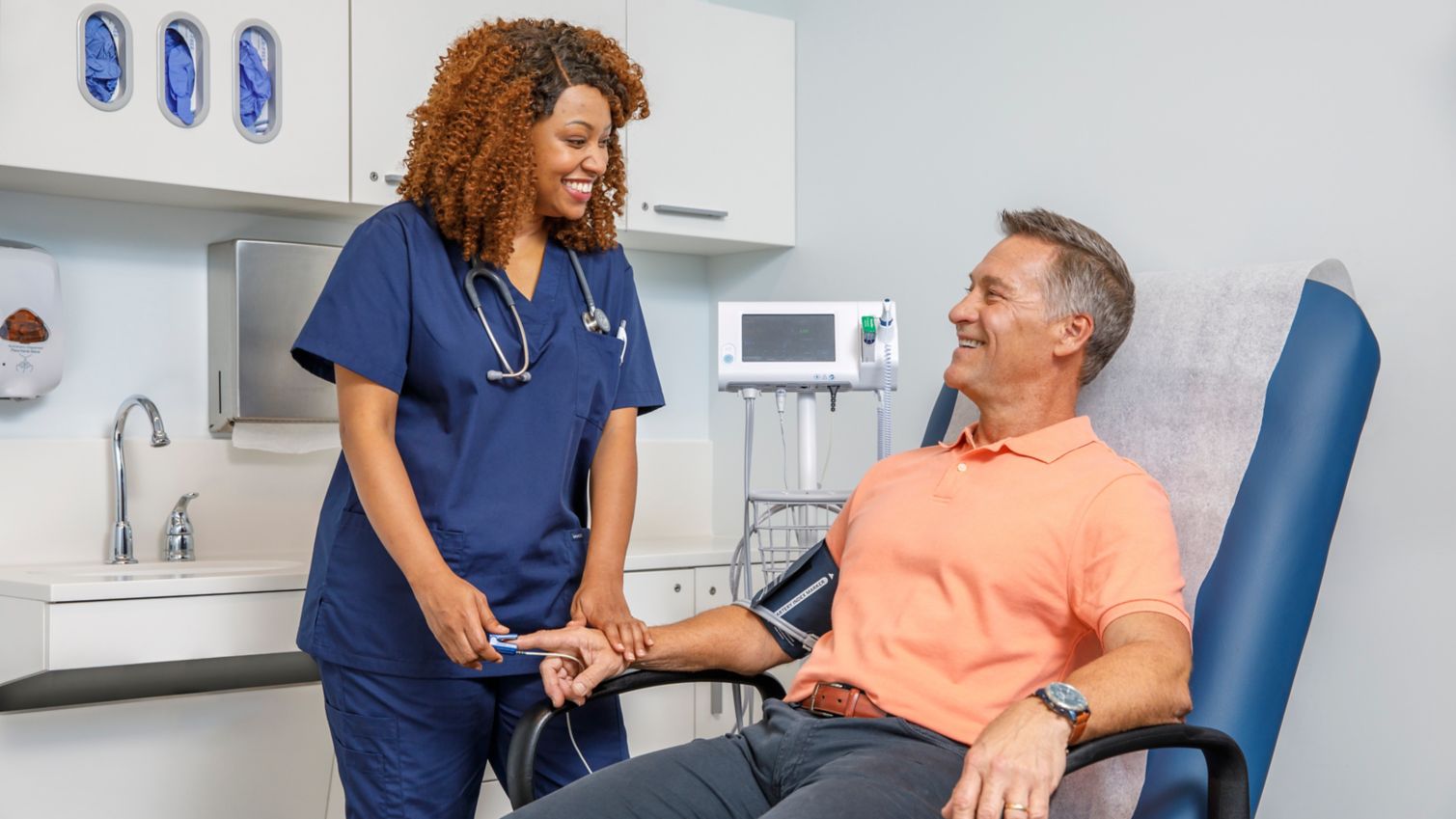In a true emergency, always go to an emergency room or call 911. For those times when you have time to choose, here are a few things to consider to make the most of your time and money.
Your doctor’s office
Take advantage of the relationship you have with your doctor. Calling your doctor’s office during business hours may be your best choice for treatment in nonemergency situations. They will also have your medical history and insurance information on hand.
Telehealth visits
Virtual visits, sometimes called telehealth or telemedicine , make it easy to get care using your phone, tablet or laptop. Medical doctors are available 24 hours a day, 7 days a week to address a wide variety of nonemergency conditions. Behavioral health specialists are available by appointment for help with anxiety or depression.
Retail clinics
Retail clinics are usually found in supermarkets or drug stores and most offer extended hours 7 days a week. They’re convenient options for minor issues like colds, earaches or urinary tract infections. Most charge a set price for each service so you’ll know your cost before you’re treated.
